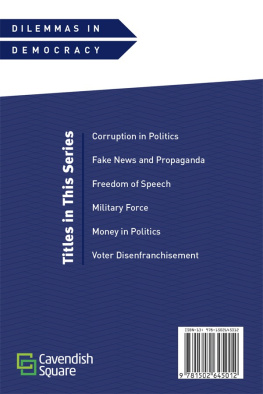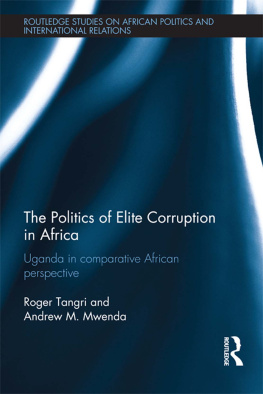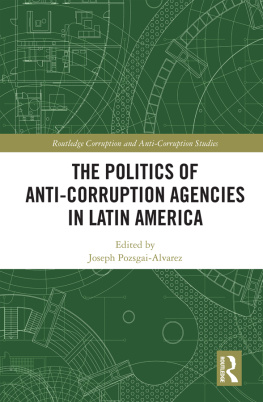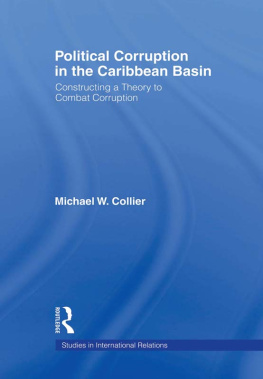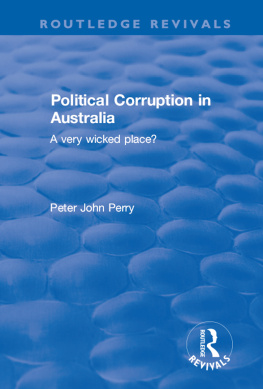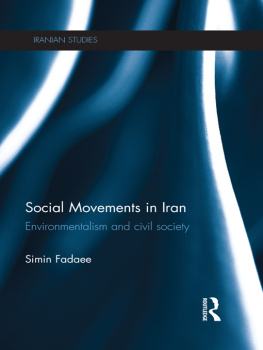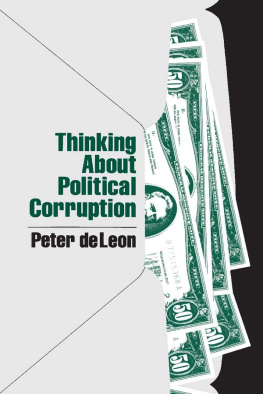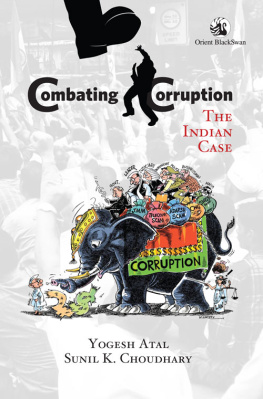THE NEW ENVIRONMENTALISM?
Urban Anthropology
Series Editors: Italo Pardo and Giuliana Prato, University of Kent, UK
Urban Anthropology is the first series of its kind to be established by a major academic publisher. Ethnographically global, the series includes original, empirically based works of high analytical and theoretical calibre. All volumes published in the series are peer-reviewed.
The editors encourage submission of sole authored and edited manuscripts that address key issues that have comparative value in the current international academic and political debates. These issues include, but are by no means limited to: the methodological challenges posed by urban field research; the role of kinship, family and social relations; the gap between citizenship and governance; the legitimacy of policy and the law; the relationships between the legal, the semilegal and the illegal in the economic and political fields; the role of conflicting moralities across the social, cultural and political spectra; the problems raised by internal and international migration; the informal sector of the economy and its complex relationships with the formal sector and the law; the impact of the process of globalization on the local level and the significance of local dynamics in the global context; urban development, sustainability and global restructuring; conflict and competition within and between cities.
Other titles in the series
Citizenship and the Legitimacy of Governance
Anthropology in the Mediterranean Region
Edited by Italo Pardo and Giuliana B. Prato
ISBN 978 0 7546 7401 6
Multiculturalisms Double-Bind
Creating Inclusivity, Cosmopolitanism and Difference
John Nagle
ISBN 978 0 7546 7607 2
Beyond Multiculturalism
Views from Anthropology
Edited by Giuliana B. Prato
ISBN 978 0 7546 7173 2
The New Environmentalism?
Civil Society and Corruption in the Enlarged EU
DAVIDE TORSELLO
University of Bergamo, Italy
First published 2012 by Ashgate Publishing
Published 2016 by Routledge
2 Park Square, Milton Park, Abingdon, Oxon OX14 4RN
711 Third Avenue, New York, NY 10017, USA
Routledge is an imprint of the Taylor & Francis Group, an informa business
Copyright Taylor & Francis, Davide Torsello 2012
All rights reserved. No part of this book may be reprinted or reproduced or utilised in any form or by any electronic, mechanical, or other means, now known or hereafter invented, including photocopying and recording, or in any information storage or retrieval system, without permission in writing from the publishers.
Notice:
Product or corporate names may be trademarks or registered trademarks, and are used only for identification and explanation without intent to infringe.
Davide Torsello has asserted his right under the Copyright, Designs and Patents Act, 1988, to be identified as the author of this work.
British Library Cataloguing in Publication Data
Torsello, Davide.
British Library Cataloguing in Publication Data
The new environmentalism? : civil society and corruption in the enlarged EU.
(Urban anthropology)
1. Environmentalism European Union countries. 2. Environmental protection
European Union countries Citizen participation. 3. Civil society European
Union countries. 4. Political culture European Union countries. 5. Transportation
Planning Corrupt practices European Union countries Case studies.
6. Transportation engineering Corrupt practises European Union
countries Case studies.
I. Title II. Series
306.2094dc22
Library of Congress Cataloging-in-Publication Data
Torsello, Davide.
The new environmentalism? : civil society and corruption in the enlarged EU / by
Davide Torsello.
p. cm. (Urban anthropology)
Includes bibliographical references and index.
ISBN 9781409423645 (hardback : alk. paper)
1. Social movements Europe. 2. Environmentalism Europe.
3. Corruption European Union countries. 4. Political participation European Union
countries.
I. Title.
HM881.T676 2011
333.72094dc23 2011031611
ISBN 9781409423645 (hbk)
Contents
Acknowledgements
The idea of this book came after I decided to explore the impact of EU transport development projects mainly in Central Eastern Europe. Although in the beginning I was mainly concerned with understanding the meaning that local people attributed to the Enlargement process, as my research proceeded I had to discover that a number of complex socio-political forces were at play. Initially, I did not have any intention to deal with corruption, since I was still convinced that an ethnographic study could not satisfactorily, and ethically, deal with this phenomenon increasingly present in the headlines of news. Later on, I changed my perspective. Corruption was becoming inherently part of the discourses on the Enlargement process, its narratives, more or less punctual and descriptive, or at times only evocative, had been used almost regularly by those civic movements seeking to oppose to poorly planned or environmentally blind projects. The remarkably common point of these projects was that they faced similar paths, from the implementation to the discussion and planning of the transport development, to environmentalists actions, the disclosure of non-transparent and even scarcely legal practices, struggles between different political actors, changing forms of communication between truly environmental movements and local citizens, long legal and bureaucratic battles, and difficult resolutions. One might argue that the EU enlargement project is responsible for linearity in these case studies, as one might argue that civil society in these cases cannot do without the notion of corruption, or a strong political alignment.
In spite of the timeliness of the three notions dealt with in this book, it has not been, from the very beginning, an easy endeavour to analyse their interrelation. Being a social anthropologist who had mostly done fieldwork research in rural communities, the choice to deal with a topic that required a mainly urban and many-sited ethnography was not easy. The complexity of this task expresses well my twofold objective in this volume. The first is to provide a contribution in the field of urban anthropology; the second is to stress the importance of engaging with the neighbouring social science disciplines. Transdisciplinarity can, particularly in areas such as environmentalism and corruption, become analytically very fruitful, whereas ethnographic investigations can provide innovative empirical solutions to general theoretical debates.
My first and most important thank is to Italo Pardo and Giuliana Prato, who since the beginning have given me enthusiastic support to this book. Without their help and consultation this book project would not have been accomplished. Among the many scholars who, directly or indirectly, have contributed to strengthen my ideas on the multidisciplinary thrust of this work I am thankful to Bo Rothstein and Andreas Bgenhom, who have proved genuinely supportive interest in this book. Jane and Peter Schneider helped to improve the theoretical and methodological reflections on civil society. Moreover, I owe much of the writing of this book to a generous research fellowship by the Aleksanteri Institute, University of Helsinki, that offered me a stimulating intellectual setting for discussing the contents of the book, and also a peaceful and charming work environment. I owe my thanks to Petr Firbas, who substantially improved the chapter on the Czech case and continues to update me on present debates, and to all environmental groups members, journalists, local officers or intellectuals who kindly agreed to dedicate their times and share their knowledge with me. I find it difficult to name them all, but it is doubtless that I owe the results of this research to their cooperation, patience and kind availability. A very final thanks is to the whole Department of Scienze dei Linguaggi, University of Bergamo, that provided funding for this research in the last six years.


